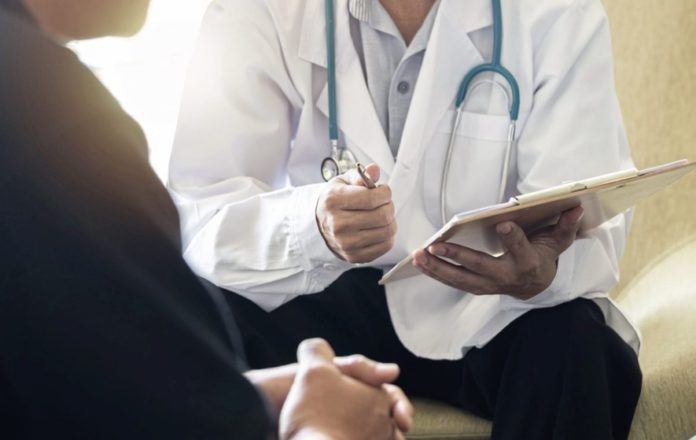A study out today highlights how the repurposing of health systems and implementation of social distancing measures, including national lockdowns, have had negative effects on patients with cancer.
These effects included delays in urgent referrals and patients having their cancer treatment, such as chemotherapy postponed, or surgery being delayed.
The researchers from Queen’s University Belfast, the University of Split,Croatia and King’s College London say that cancer has over 3.7 million new diagnoses in Europe each year and over 1.9 million deaths.
They highlight how this 1.9 million figure may increase significantly, directly as a result of the current crisis. Recent data from Wuhan in China, the original epicentre of the pandemic, shows that there has been a greater than 20% drop in the use of cancer drugs in the first quarter of 2020. The British Society of Gastroenterology also recommends that no endoscopic procedures, which are used to screen for bowel/colorectal cancer, can be performed for at least the next 3 months.
Professor Mark Lawler, Associate Pro-Vice-Chancellor and Professor of Digital Health, Queen’s University Belfast, and Scientific Lead, DATA-CAN, the UK Health Data Research Hub for Cancer and Senior Author on the paper said: “We are already seeing the indirect effects of the COVID-19 crisis on cancer care. Urgent referral numbers are dropping, endoscopies and other surgical procedures are being postponed and many cancer specialists are being redirected to COVID-19 specific care. If we don’t act, we risk the unintended consequence of the current COVID019 pandemic precipitating a future cancer epidemic.”
The research also highlights that as more people are worrying about the signs and symptoms of COVID-19, less people are seeking advice on new symptoms of a possible cancer, including abnormal bleeding or new lumps on the body.
Professor Eduard Vrdoljak, Department of Oncology, Clinical Hospital Centre Split, and the University of Split, Croatia and Lead Author on the paper said: “I am extremely worried. We are experiencing significant challenges. People’s fear of attending any health facility, coupled with their minds being more focused towards COVID-19 symptoms, mean that they may down-play rectal or bladder bleeding, a lump in the breast or other signs of cancer that otherwise would lead them immediately to consult their doctor. We are starting to see people who may be at risk of developing cancer fearing a COVID-19 diagnosis more than a cancer diagnosis.”
Professor Richard Sullivan, Director of the Institute of Cancer Policy, King’s College London and author on the paper said: “The focus on COVID-19 through 24-hour news cycle and social media, has dramatically changed our emotional and social infrastructure. At the scientific level, the modelling on which public health measures are being taken is entirely focused on COVID-19 mortality and morbidity, with little or no consideration for the impact of control measures on increasing morbidity and mortality in cancer, or indeed any other health condition.”







